
MCing – The Art Of Hip Hop
What is MCing? MCing is another term given to someone known as the “Master of Ceremonies.” MCing is seen as the oral aspect of Hip
John Coltrane was born John William Coltrane on September 23, 1926 in Hamlet, North Carolina. He was later nicknamed “Trane” as his career progressed. He is known across the world as an American jazz saxophonist, composer, and bandleader leading to his title of “an iconic figure of 20th-century jazz. Starting out his musical career, Coltrane was influenced by his father: a part-time musician and a tailor. Before moving to Philadelphia in 1943, Coltrane took after the clarinet and the alto saxophone, while later studying at the Ornstein School of Music.
At the age of 1945, the navy drafted Coltrane and he used his talent on the alto saxophone to play in the navy band through the year of 1946. The following year, Coltrane switched to playing the tenor saxophone. Around the late 1940s-early 1950s, Coltrane began playing in nightclubs and played background on various recordings of different musicians. The first recorded solo of Coltrane is featured on “We Love to Boogie” by Dizzy Gillespie in 1951. In 1957, Coltrane was fired by Miles Davis because of his abuse of drugs and alcohol. After working with Thelonious Monk, John Coltraane became able to record on his own and advancing his art harmonically and rhythmically.
As Coltrane progressed through his career, he began to be known by his “legato phrasing.” He was then able to use the technique of multiphonics to enhance his musical selections. In the 1960s, Coltrane was able to form his own quartet featuring McCoy Tyner (pianist), Elvin Jones (drummer), and Jimmy Garrison (bassist). In the years 1965-1967, Coltrane was able to work on his career by expanding his horizons beyond the traditional jazz as well as reaching more advanced audiences. Coltrane’s life came to an end on July 17, 1967 in Huntington New York from inflammation of the liver.
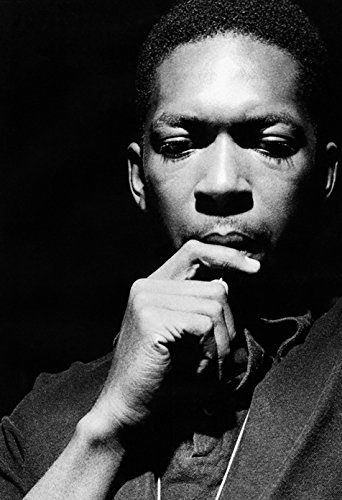
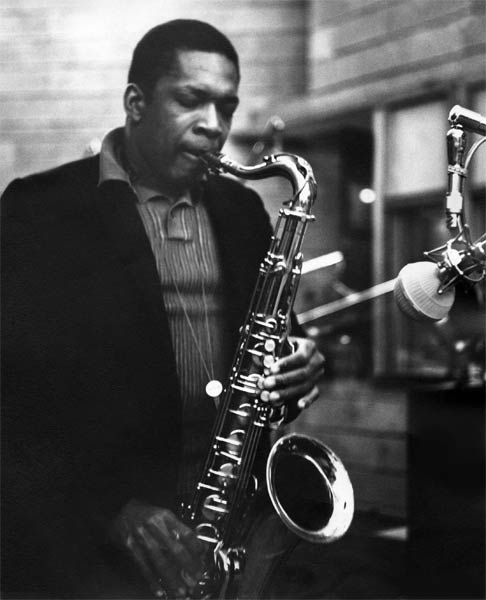

– Coltrane was raised by his mother and close cousin because aunt, grandparents and father died within months of each other
– He played alto sax, clarinet, and tenor sax; influenced by Lester Young and Johnny Hodges
– Coltrane’s first professional gig at age 19 (1945) as a cocktail lounge trio performer
– Coltrane was able to evolve musically by working with Miles Davis
– Coltrane formed a quartet in 1960 (McCoy Tyner – pianist, Elvin Jones – drummer, and Jimmy Garrison – bassist)
– He was addicted to heroin, but quit cold turkey. He became extremely religious during his withdrawal period.
– Coltrane suffered from stomach pains for weeks during 1967; he finally went to the doctor and was treated for inflammation of his liver and died a couple of days later.
– John Coltrane was given a posthumous Pulitzer in 2007
– He was canonized by African Orthodox Church as Saint John William Coltrane; the Saint John Coltrane Church in San Francisco still holds services weekly in his honor.














1957 – Coltrane
1957 – Mating Call (Tadd Dameron with John Coltrane)
1957 – Tenor Conclave (Hank Mobley, Al Cohn, John Coltrane and Zoot Sims)
1958 – Blue Train
1958 – Traneing In (John Coltrane with the Red Garland Trio)
1958 – Soultrane
1959 – The Cats (Tommy Flanagan, John Coltrane, Kenny Burrell, Idrees Sulieman)
1959 – Cattin’ With Coltrane and Qunichette (John Coltrane and Paul Quinichette)
1960 – Giant Steps
1961 – Lush Life
1961 – Coltrane Jazz
1961 – My Favorite Things
1961 – Bags & Trane (Milt Jackson with John Coltrane)
1961 – Africa / Brass (The John Coltrane Quartet)
1961 – Thelonious Monk With John Coltrane (Thelonious Monk with John Coltrane)
1961 – Ole Coltrane
1961 – Settin’ the Pace
1962 – Coltrane Plays the Blues
1962 – Coltrane (The John Coltrane Quartette)
1962 – Dig It! (The Red Garland Quintet with John Coltrane)
1962 – Standard Coltrane
1963 – Dakar
1963 – Ballads (John Coltrane Quartet)
1963 – Duke Ellington & John Coltrane (Duke Ellington & John Coltrane)
1963 – Kenny Burrell & John Coltrane (Kenny Burrell & John Coltrane)
1963 – John Coltrane and Johnny Hartman (John Coltrane and Johnny Hartman)
1963 – Stardust
1963 – Trane Ride
1964 – The Believer
1964 – Coltrane’s Sound
1964 – Crescent (John Coltrane Quartet)
1964 – Black Pearls
1965 – A Love Supreme
1965 – Bahia
1965 – The John Coltrane Quartet Plays (The John Coltrane Quartet)
1965 – The Dealers (Mal Waldron with John Coltrane / Jackie McLean / Paul Quinichette / Frank Wess)
1966 – The Last Trane
1966 – Ascension
1966 – The Avant-Garde (John Coltrane & Don Cherry)
1966 – Mediations
1967 – Kulu Se Mama
1967 – Expression
1968 – Om
1968 – Cosmic Music (John Coltrane / Alice Coltrane)
1969 – 2 Tenors (John Coltrane With Hank Mobley)
1970 – The Coltrane Legacy
1970 – Transition
1971 – Sun Ship
1972 – Coltrane Time
1972 – Infinity
1974 – The Africa Brass Sessions, Vol. 2
1974 – Interstellar Space
1975 – Alternate Takes
1977 – Dial Africa 1958
1977 – First Mediations (For Quartet)
1978 – The Mastery of John Coltrane, Vol. 1: Feelin’ Good
1978 – The Mastery of John Coltrane, Vol. III: Jupiter Variation
1979 – The Mastery of John Coltrane, Vol. 4: Trane’s Modes
1986 – Coltrane Time
1995 – Stellar Regions
2014 – Art’s Blakely’s Big Band and Quintet
2018 – Both Directions at Once: The Lost Album





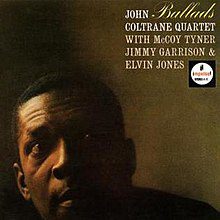









What is MCing? MCing is another term given to someone known as the “Master of Ceremonies.” MCing is seen as the oral aspect of Hip

Jeff Mills Jeffery Eugene Mills was born June 18, 1953 in Detroit, MI. Mills is know widely as a techno DJ, composer, producer, and recording

What A Difference 30 Years Makes https://www.youtube.com/watch?v=S1KSsc4EM3I “How I Got Over” – Aretha Franklin (1972) https://www.youtube.com/watch?v=8EqKoEHDalg “You’re Doing It All Again” – Todd Dulaney (2019)
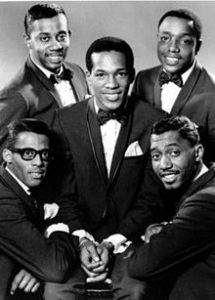
The Original Group Members Elbridge “Al” Bryant, Melvin Franklin, Eddie Kendricks, Otis Williams, and Paul Williams Overview Motown Records, nicknamed “Hitsville, U.S.A.” was a force
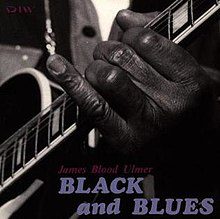
Background Blues began in the early 1920s around the deep South along the Mississippi River during the times of Jim Crow. Blues music stemmed from
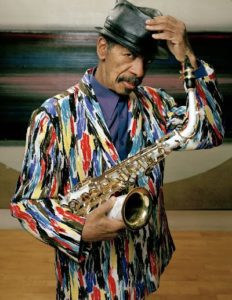
Ornette Coleman Ralph Denard Ornette Coleman was born on March 19, 1930 in Fort Worth, TX. Coleman married poet and activist, Jayne
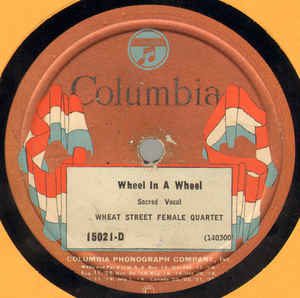
The Wheat Street Female Quartet The Wheat Street Female Quartet is known to have been the first female quartet group that was documented. History shows
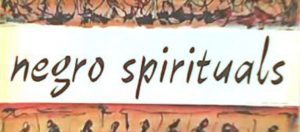
Spirituals Overview Spirituals are the religious music of African Americans during slavery (book) The prevalence of Spirituals increased towards end of 18th century leading to
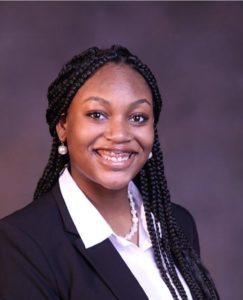

Login to your account